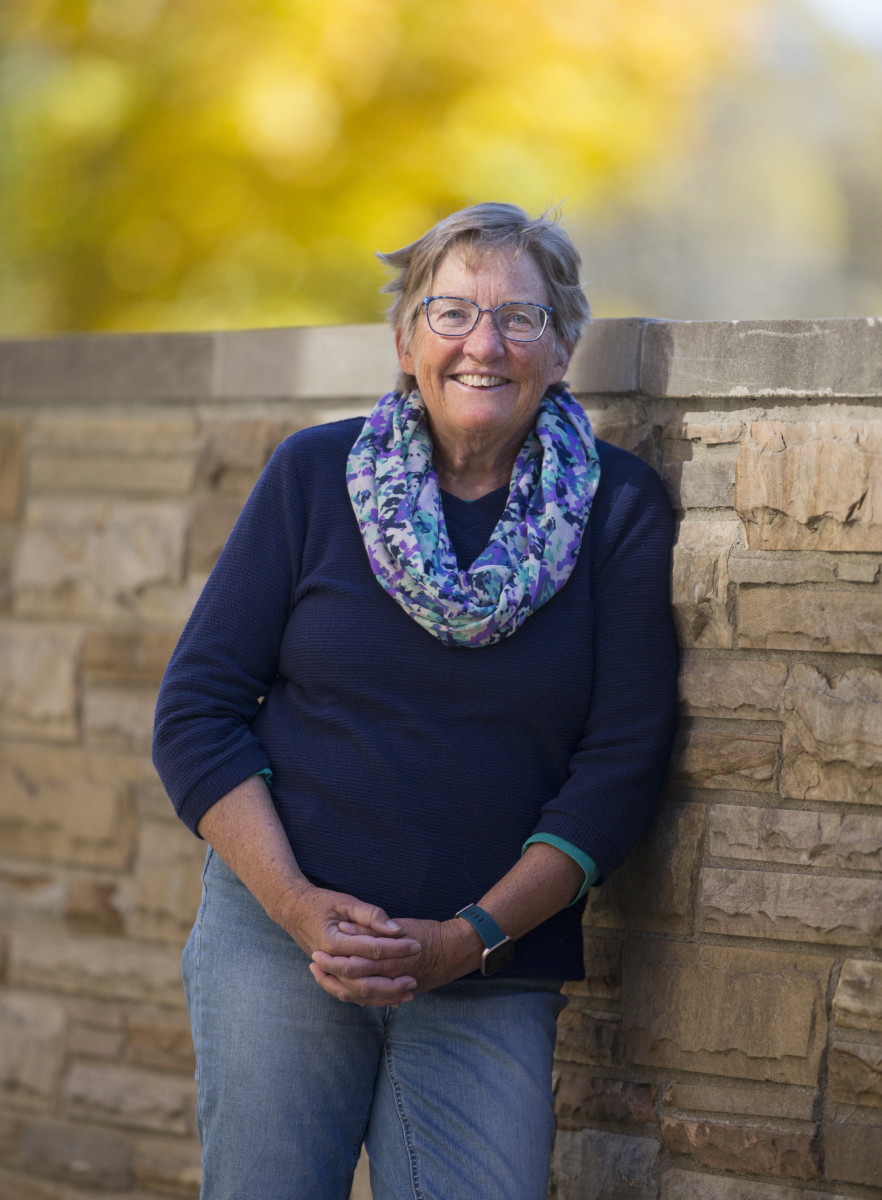Lynn Japinga is substituting for Steve Mathonnet-VanderWell while he is on sabbatical. She teaches religion at Hope College and studies recent RCA history.
Eleven years ago, on the morning of September 11, 2001, I was teaching a class on American religious history. When we began at 9:30, a student said that a plane had hit the World Trade Center. I assumed a small plane had gotten off course. When we finished class at 10:50, we learned that the towers had fallen and it was definitely not the result of navigational error.
Two days later my class met again. We were reading about the Puritans, a group of 16th century English Christians who thought that the Church of England had not been sufficiently improved by the Reformation and needed further purification. The Church of England did not take kindly to this criticism, so in 1630 a group of the Puritans crossed the Atlantic to settle in Boston.
Before they left the ship, their political leader, John Winthrop, gave a speech outlining his vision for their future. Winthrop believed that the Puritans were the modern equivalent of the Israelites. God had called them out of England into the “Promised Land” of the New World, blessed them, and established a covenant with them. “We shall be as a city upon a hill,” Winthrop said. “The eyes of all people are upon us.”
The roots of American exceptionalism can be found here. Politicians have frequently used these words to suggest that America is God’s chosen nation, particularly blessed and even preferred by God. God likes America best.
It was powerful to discuss the Puritans and their strong sense of divine calling that day in light of the angry and indignant responses to 9/11. America’s sense of chosenness and privilege had been called into question. “How could they do this to us?” “We don’t deserve this.” “Why do they hate us?” Clearly, the “city upon a hill” was supposed to be a much admired role model for democracy, not a target for attack.
This affirmation of God’s blessing and favor was only a small part of Winthrop’s speech. He spent most of it telling the people how they should live together in what was going to be a difficult life. They were building a new society, and the public welfare was more important than private interests. Winthrop believed that wealthy people had been given abundance so that they could use it to care for the poor. He even went so far as to say: “We must be willing to abridge ourselves of our superfluities, for the supply of others’ necessities.”
Winthrop’s ringing call for compassion is admirable, and yet the story of the Puritans is full of ambiguity and paradox. They did not share everything in common. The rich became richer. And in order to preserve the purity of their community, the Puritans were quick to banish or execute those who dissented: Roger Williams, Anne Hutchinson, Mary Dyer. The Puritans were willing to leave England to gain their own religious freedom, but they were not willing to grant that freedom to others.
The eleven years since 9/11 have produced similar ambiguities and moral complexities. There was so much loss and grief inflicted that day. And there has been so much loss and grief inflicted since then.
We are quick to say “God bless America,” and quick to claim that we are called and chosen and exceptional. We have been slower to demonstrate radical responsibility and compassion for the poor in America and for the people of the world. Perhaps one enduring legacy of 9/11 might be that we develop a more humble and nuanced understanding of how (and whether?) God blesses America, and how America then blesses the rest of the world.

